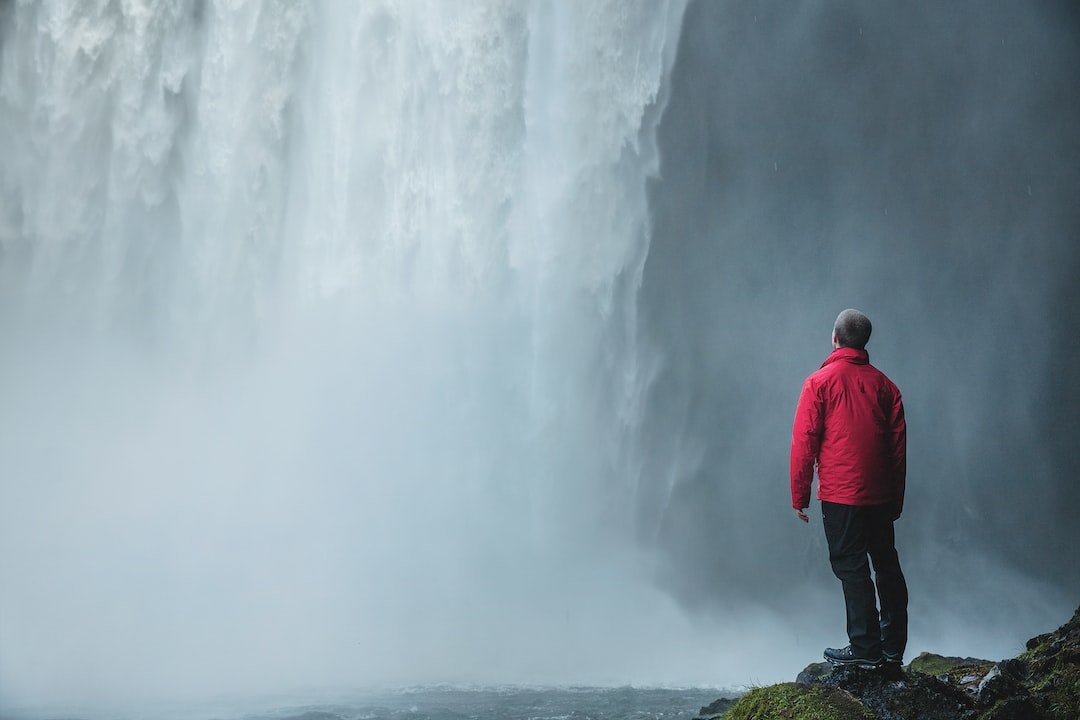Faith and Ethnic Diversity: Celebrating Unity in Difference
In today’s multicultural and globalized world, ethnic diversity is a reality we cannot ignore. As individuals, we are shaped by our cultural backgrounds and the beliefs we hold dear. Our faith, in particular, plays a crucial role in defining who we are, how we perceive the world, and how we relate to others. However, it is essential to recognize that these differences do not have to divide us; instead, they can be a unifying force that fosters understanding, empathy, and appreciation for one another.
When we talk about faith and ethnic diversity, it’s important to understand that diversity goes beyond just ethnicity. It encompasses a wide array of religious affiliations, cultural practices, and traditions that contribute to the richness of our global tapestry. Unfortunately, throughout history, differences in faith and ethnicity have often been a source of conflict, discrimination, and division. It is crucial to shift this paradigm and celebrate the unity found within this diversity.
One of the first steps towards celebrating unity in difference is cultivating an environment of respect and tolerance. We must embrace the idea that no single faith or ethnicity is superior to another. Each individual’s beliefs and experiences are valid and should be appreciated for what they bring to the table. A welcoming attitude towards diversity allows us to shed preconceived notions and biases, opening doors for genuine connections and mutual understanding.
Education and exposure to different faiths and ethnicities are vital in breaking down stereotypes and nurturing harmony. We must actively seek out opportunities to learn about others’ religions, traditions, and cultures. Interfaith dialogue, multicultural events, and community initiatives are just a few examples of platforms that help us expand our knowledge and challenge any misconceptions we may hold. To appreciate someone’s faith and ethnicity fully, we need to understand and respect their unique stories and worldviews.
When celebrating unity in difference, we must remember that finding common ground does not mean erasing our differences; rather, it means finding shared values and experiences that bind us together. While our spiritual practices may differ, many faiths emphasize compassion, kindness, and love as central principles. By focusing on these shared values, we can build bridges and foster a sense of community that transcends borders and denominations.
Alongside shared values, celebrating unity in faith and ethnic diversity involves acknowledging and appreciating the richness of our differences. Whether it’s the vibrant colors of cultural attire, the harmonious sounds of diverse musical traditions, or the aromatic flavors of ethnic cuisines, our uniqueness enhances our collective experience. We can celebrate this diversity by promoting cultural exchange programs, hosting festivals, and encouraging multicultural exchanges that allow us to immerse ourselves in different traditions and appreciate their beauty.
Furthermore, an integral part of celebrating unity in difference is actively promoting inclusivity within our communities. We must ensure that individuals from all backgrounds feel valued, respected, and accepted. This involves creating safe spaces where everyone’s voice can be heard, where prejudices are challenged, and where open dialogue is encouraged. By eliminating barriers and building bridges, we can create societies that embrace and celebrate diversity as a source of strength.
Lastly, true celebration of unity in difference involves recognizing the power in standing together in times of adversity. In a world where conflicts and tensions still exist, it is essential to come together, regardless of faith or ethnicity, to promote peace, justice, and equality. By advocating for the rights and well-being of all individuals, we demonstrate that our shared humanity, rather than our differences, defines us.
Faith and ethnic diversity can be potent catalysts for positive change and progress. When we celebrate unity in difference, we acknowledge the inherent worth and dignity of every person, regardless of their background. This celebration can lead to a world where diversity is not seen as a threat, but rather as a driving force for cultural enrichment and personal growth.
In conclusion, as we navigate our way through an increasingly globalized and diverse world, celebrating unity in faith and ethnic diversity is vital. By fostering respect, understanding, and appreciation for one another’s differences, we can build inclusive communities that honor and celebrate the unique contributions each individual brings to the table. Together, let us embrace our diverse faiths and ethnicities, finding unity in our differences and making the world a better place for future generations.

